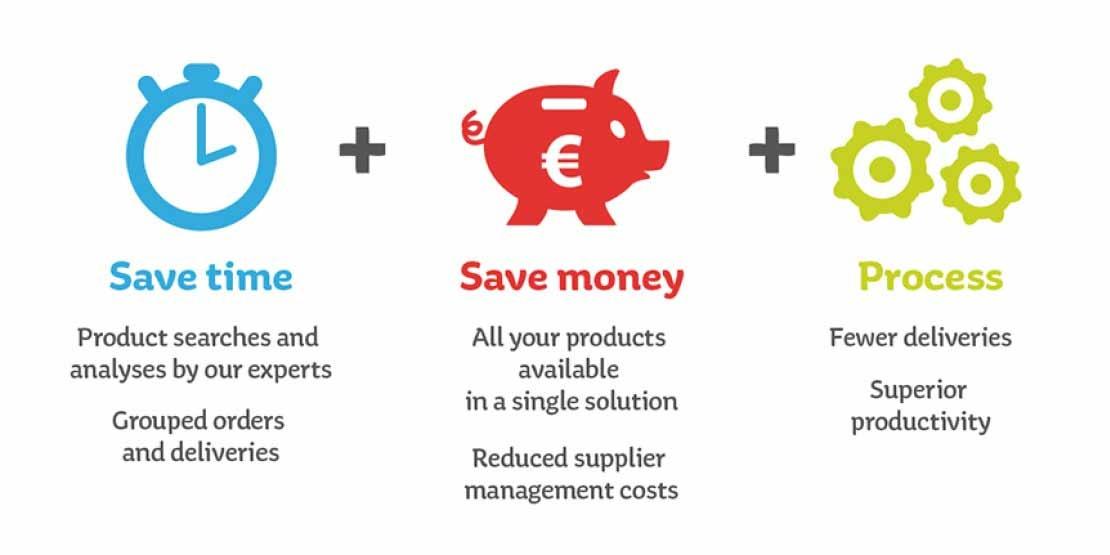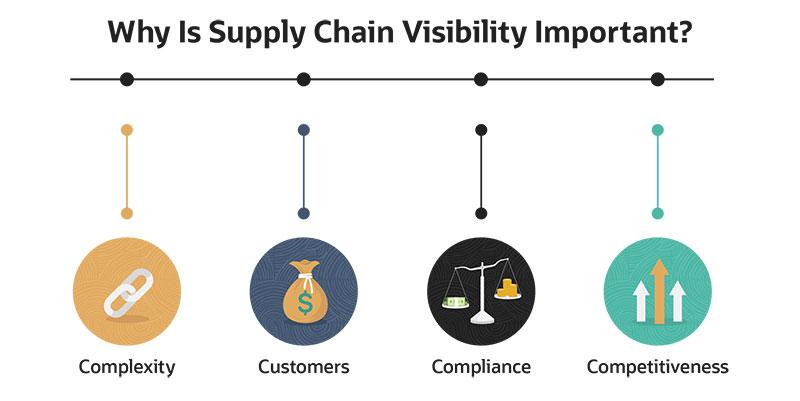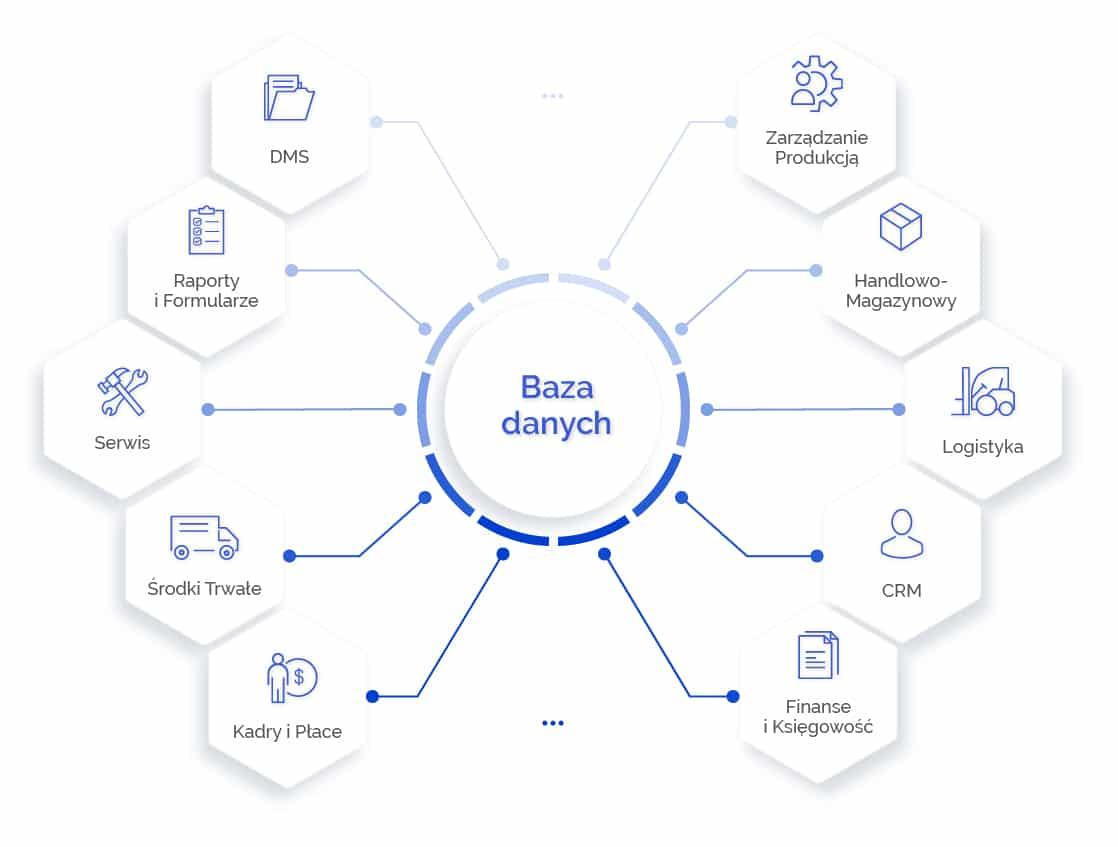In the fast-paced world of global commerce, efficient logistics and transportation are the gears that keep the engine of business running smoothly. From sourcing raw materials to delivering finished products to customers, the seamless flow of goods is essential for success. In this article, we will delve into the innovative world of ERP Logistics – Transport - Shipping, exploring how businesses are leveraging technology to streamline operations, optimize routes, and improve overall customer satisfaction. Join us on a journey through the intricate web of supply chain management and discover how ERP solutions are revolutionizing the way we move goods from point A to point B.
Maximizing Efficiency with Integrated ERP Solutions
Integrated ERP solutions offer businesses a comprehensive platform to streamline their logistics, transport, and shipping operations. By centralizing all aspects of these critical processes, companies can maximize efficiency and reduce costs. With real-time data and analytics at their fingertips, organizations can make informed decisions, optimize routes, and ensure timely deliveries.
ERP systems also facilitate seamless communication between different departments, suppliers, and customers. From inventory management to order tracking, these solutions provide end-to-end visibility into the entire supply chain. By automating tasks and eliminating manual errors, businesses can improve productivity and deliver exceptional service to their clients. In today’s fast-paced world, staying ahead of the competition requires a dynamic and integrated approach to logistics, transport, and shipping – and ERP solutions are the key to achieving that goal.

Streamlining Transportation Management Processes
Implementing an ERP system for logistics, transport, and shipping can revolutionize the way companies manage their transportation processes. With integrated modules for fleet management, route optimization, and shipment tracking, businesses can streamline their operations, reduce costs, and enhance efficiency. By centralizing all transportation data in one platform, companies can gain real-time insights, make data-driven decisions, and improve overall performance.
Some key benefits of using an ERP system for transportation management include:
- Enhanced visibility: Track shipments in real-time and monitor the entire transportation process from start to finish.
- Optimized routing: Automatically generate the most efficient routes to save time and reduce fuel costs.
- Better compliance: Ensure regulatory compliance with built-in tools for managing logistics and shipping regulations.

Enhancing Shipping Operations through Technology
With the rapid advancement of technology in the shipping industry, companies are constantly seeking ways to enhance their operations and improve efficiency. One of the most effective tools for achieving this is through Enterprise Resource Planning (ERP) systems. These platforms streamline various processes within logistics, transport, and shipping, providing a centralized hub for data management and analysis.
By integrating ERP software into their operations, companies can enjoy numerous benefits such as improved inventory management, real-time tracking of shipments, optimized route planning, and increased visibility across the supply chain. Furthermore, ERP systems offer customizable reporting and analytics tools, allowing businesses to make informed decisions based on accurate data. Embracing technology like ERP is essential for staying competitive in the ever-evolving shipping industry.

Improving Supply Chain Visibility with ERP Logistics Systems
Utilizing ERP logistics systems can greatly enhance supply chain visibility, ultimately leading to more efficient operations and improved customer satisfaction. With real-time tracking capabilities, businesses can monitor the movement of goods from suppliers to customers, identifying bottlenecks and delays before they escalate. By integrating all aspects of transport and shipping into a centralized system, companies can streamline processes, reduce costs, and make data-driven decisions to optimize their supply chain performance.
ERP logistics systems provide a comprehensive overview of inventory levels, shipment statuses, and delivery schedules, allowing businesses to proactively address any issues that may arise. By automating tasks such as order processing, route optimization, and warehouse management, organizations can minimize errors and ensure timely deliveries. With features like GPS tracking and electronic proof of delivery, businesses can enhance transparency and accountability throughout the entire logistics process, resulting in improved efficiency and customer satisfaction.
Future Outlook
In conclusion, ERP systems have revolutionized the logistics, transport, and shipping industries by streamlining operations, reducing costs, and improving efficiency. By integrating all aspects of the supply chain into one cohesive platform, businesses can optimize their processes and drive growth. The future of ERP in logistics is bright, with continued advancements in technology paving the way for even more innovative solutions. Stay tuned as we continue to explore the exciting developments in this dynamic field. Thank you for reading!
